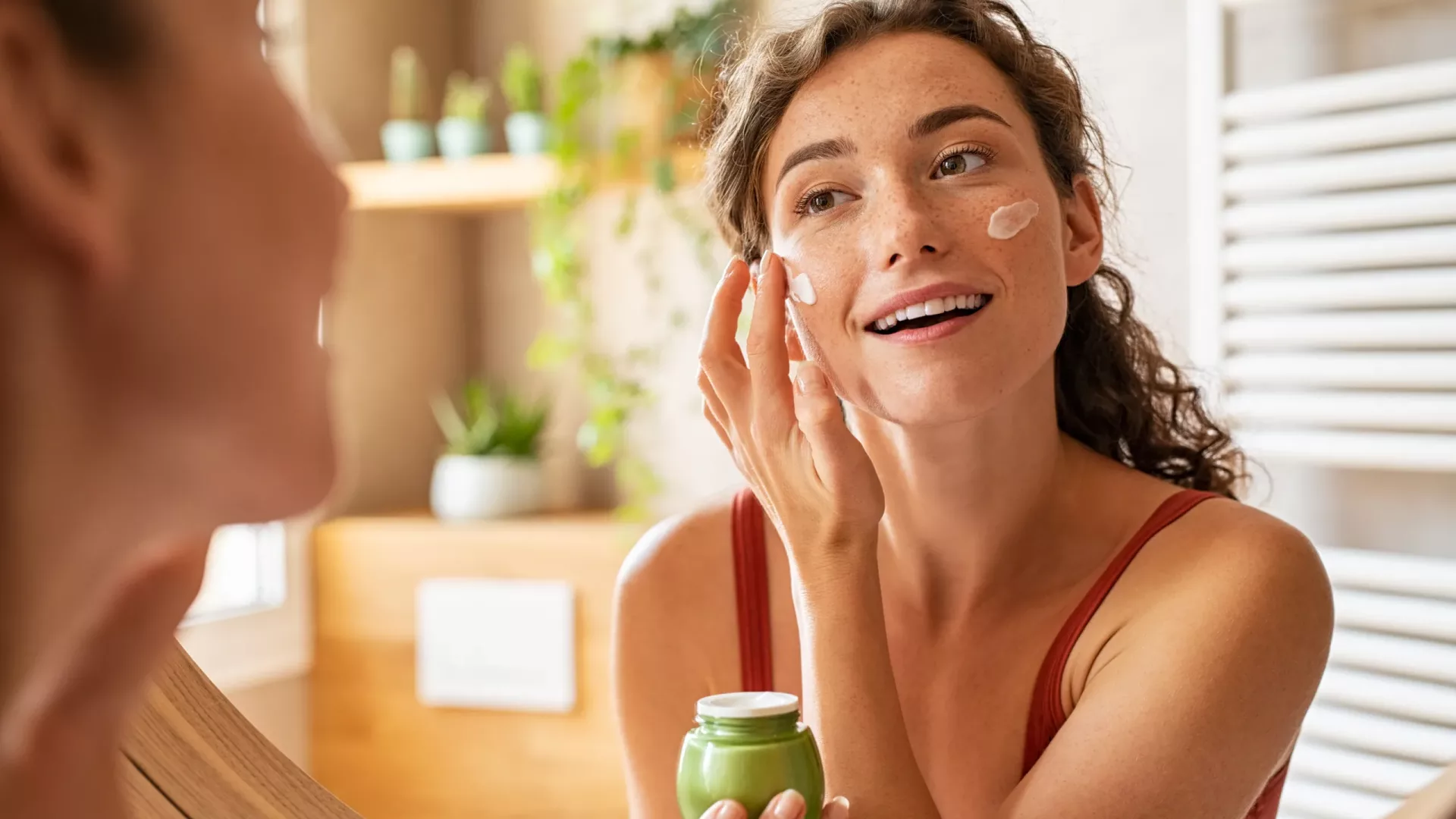
Verify Your Email Address
Please ensure to verify your email for confirmation. We recommend checking your spam and trash folders as well.

In the era of heightened environmental awareness and growing health consciousness, the beauty industry is experiencing a significant shift towards clean beauty products. This movement is not merely a trend but a cultural shift towards safer, more sustainable, and transparent beauty practices.
Clean beauty refers to products that are made with safe, non-toxic ingredients, ethically sourced, and produced with minimal environmental impact. It prioritizes transparency in labeling and excludes harmful chemicals commonly found in traditional cosmetics.
The clean beauty industry has been experiencing exponential growth in recent years. According to market research, the global clean beauty market is projected to reach unprecedented heights, driven by increasing consumer demand for safer alternatives.
Consumers are becoming more discerning about the products they use on their skin. Concerns about the potential health risks associated with synthetic ingredients have led to a growing preference for clean beauty products. Additionally, awareness of environmental issues has fueled the demand for sustainable and eco-friendly options.
Many traditional beauty products contain harmful ingredients such as parabens, sulfates, phthalates, and synthetic fragrances. These chemicals have been linked to various health issues, including hormonal disruptions, allergies, and even cancer.
Clean beauty products offer numerous benefits, including reduced risk of adverse health effects, gentler formulations suitable for sensitive skin, and environmental sustainability through the use of natural, biodegradable ingredients.
Several clean beauty brands have emerged as leaders in the industry, championing transparency, sustainability, and efficacy. Examples include Beautycounter, RMS Beauty, and Tata Harper, each with its unique approach to clean beauty.
To ensure credibility and transparency, various organizations have developed certifications and standards for clean beauty products. These certifications often involve rigorous testing and verification processes to guarantee the safety and purity of the ingredients used.
Despite its rapid growth, the clean beauty industry faces challenges such as regulatory complexities and the prevalence of greenwashing, where brands misleadingly market their products as clean or natural.
Advancements in technology and sustainable practices have paved the way for innovative solutions in clean beauty, including biodegradable packaging, cruelty-free formulations, and the use of plant-based alternatives to synthetic ingredients.
Clean beauty has revolutionized the skincare industry, with an emphasis on natural ingredients known for their nourishing and rejuvenating properties. From botanical extracts to antioxidant-rich oils, clean skincare offers a holistic approach to maintaining healthy skin.
Clean beauty makeup products prioritize purity without compromising on performance. Natural pigments, botanical extracts, and nourishing oils are used to create high-quality cosmetics that enhance beauty while nourishing the skin.
Clean beauty extends to haircare, with a focus on gentle, non-toxic formulas that promote scalp health and hair vitality. Natural ingredients like argan oil, coconut oil, and shea butter are commonly used to hydrate, strengthen, and repair hair without harmful chemicals.
Traditional fragrances often contain synthetic chemicals that can trigger allergies and sensitivities. Clean beauty fragrances, on the other hand, utilize natural essential oils and plant extracts to create captivating scents without compromising on safety or sustainability.
As consumer demand for clean beauty continues to rise, the future of the industry looks promising. Innovations in sustainable packaging, ingredient sourcing, and product formulations are expected to drive further growth and expansion in the clean beauty market.
The rise of clean beauty represents a transformative shift in the beauty industry, driven by consumer demand for safer, more sustainable products. With a growing emphasis on transparency, efficacy, and environmental responsibility, clean beauty is poised to redefine standards of beauty and wellness for years to come.
Are clean beauty products suitable for all skin types?
Clean beauty products are formulated to be gentle and non-irritating, making them suitable for most skin types, including sensitive and acne-prone skin.
How can I identify clean beauty products?
Look for products with transparent labeling, recognizable ingredients, and certifications from reputable organizations like EWG or COSMOS.
Are clean beauty products more expensive than traditional ones?
While some clean beauty products may have a higher price point due to quality ingredients and ethical sourcing, there are affordable options available in the market.
Do clean beauty products perform as well as traditional ones?
Yes, many clean beauty products offer excellent performance without the use of harmful chemicals. However, individual results may vary depending on skin type and preferences.
Is clean beauty just a passing trend?
Clean beauty represents a fundamental shift towards safer, more sustainable beauty practices and is likely to remain relevant as consumers become increasingly conscious of health and environmental issues.

Please ensure to verify your email for confirmation. We recommend checking your spam and trash folders as well.